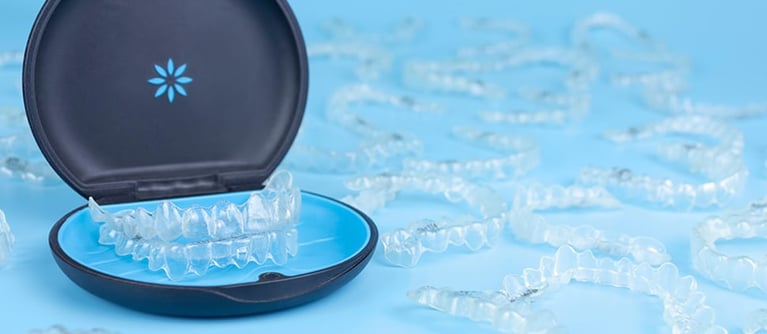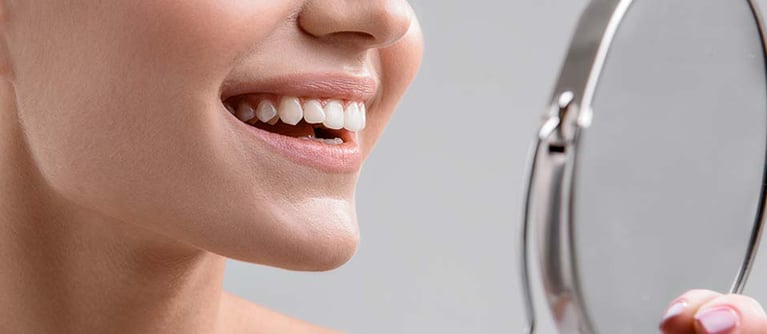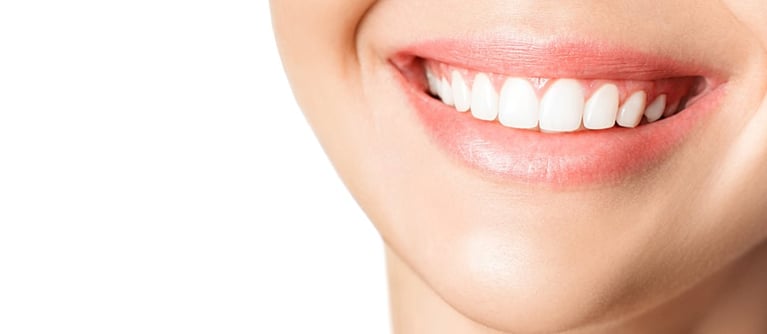It's important to have a realistic understanding of what teeth whitening can achieve. Not all teeth will whiten to the same degree, and the original shade of your teeth plays a significant role in the potential outcome. Here are factors to consider:
1. Intrinsic vs. Extrinsic Stains: Teeth whitening treatments are most effective on extrinsic (surface) stains caused by food, drinks, and smoking. Intrinsic stains, which are inside the tooth, may not respond as well and might require alternative cosmetic treatments, such as veneers.
2. Age and Tooth Structure: Younger teeth, with more porous enamel, tend to whiten more readily. Over time, enamel wears down, and the naturally yellower dentin underneath becomes more visible, potentially making whitening less effective.
3. Pre-existing Dental Work: Existing dental restorations like crowns or fillings will not lighten with whitening treatments, which may result in uneven shades if these restorations are on visible teeth.
Remember, the goal is to enhance your smile by improving the tone of your teeth without compromising your oral health. It is also a step to ensure that results align with your expectations


.svg)
.svg)
.svg)
.svg)

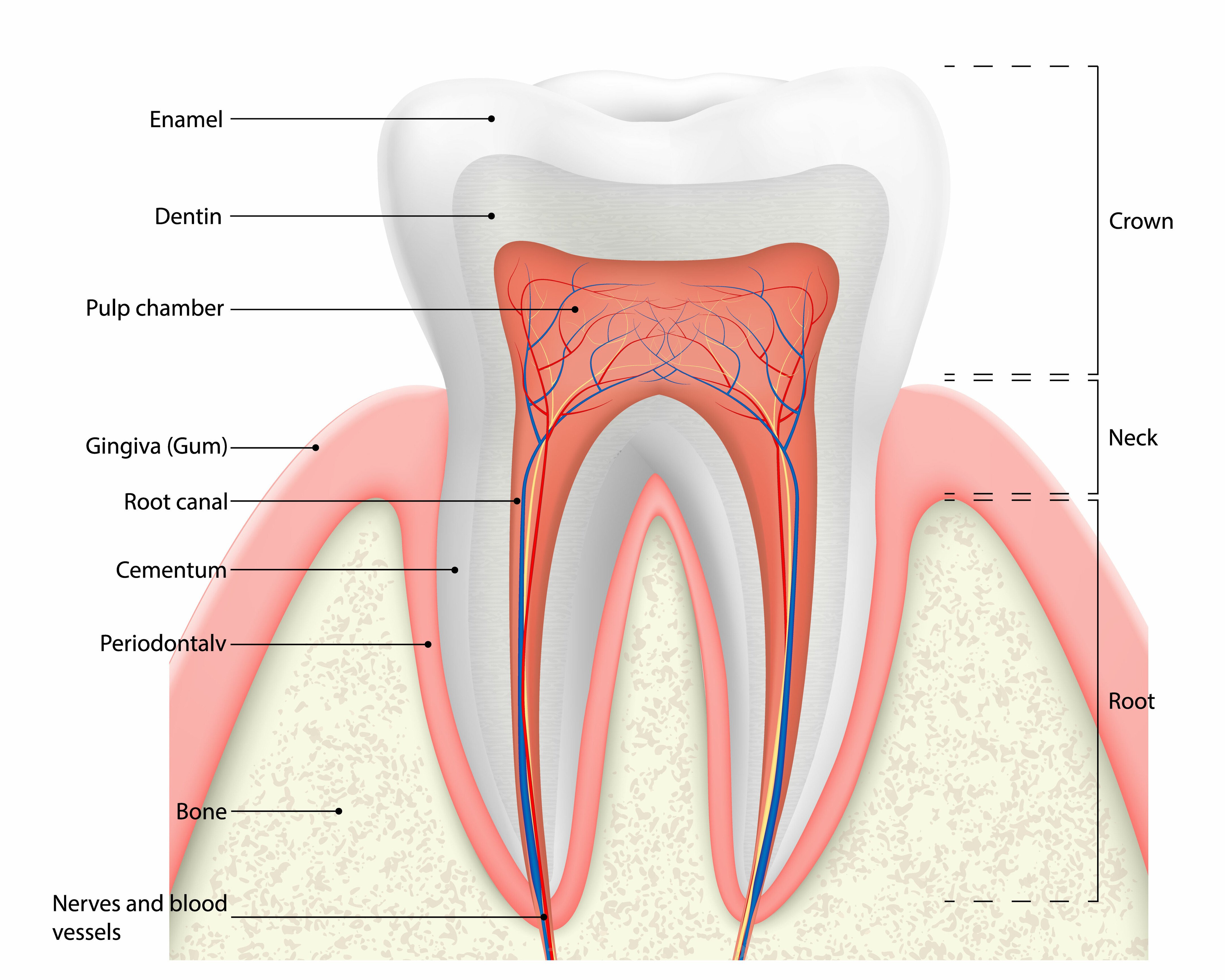
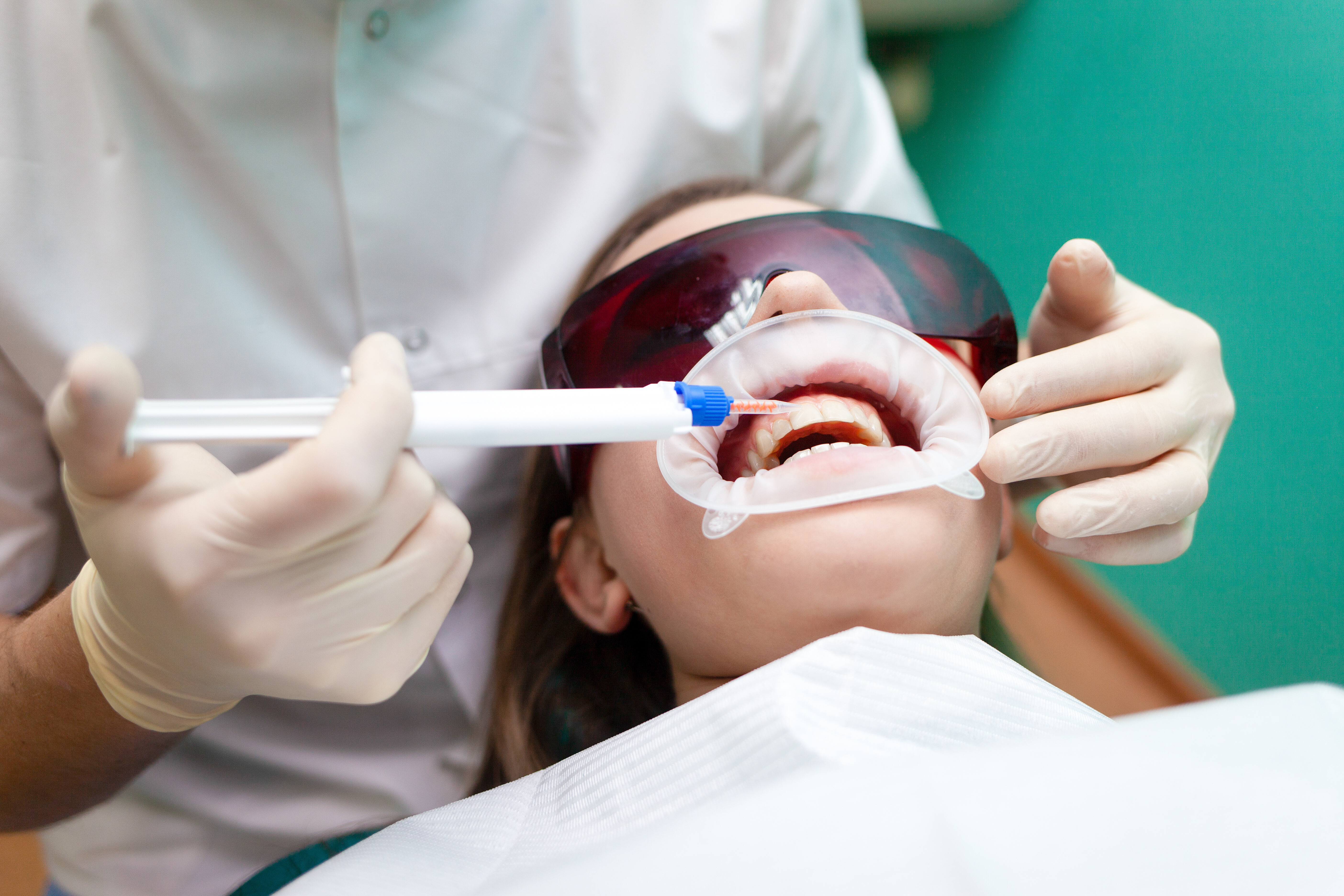

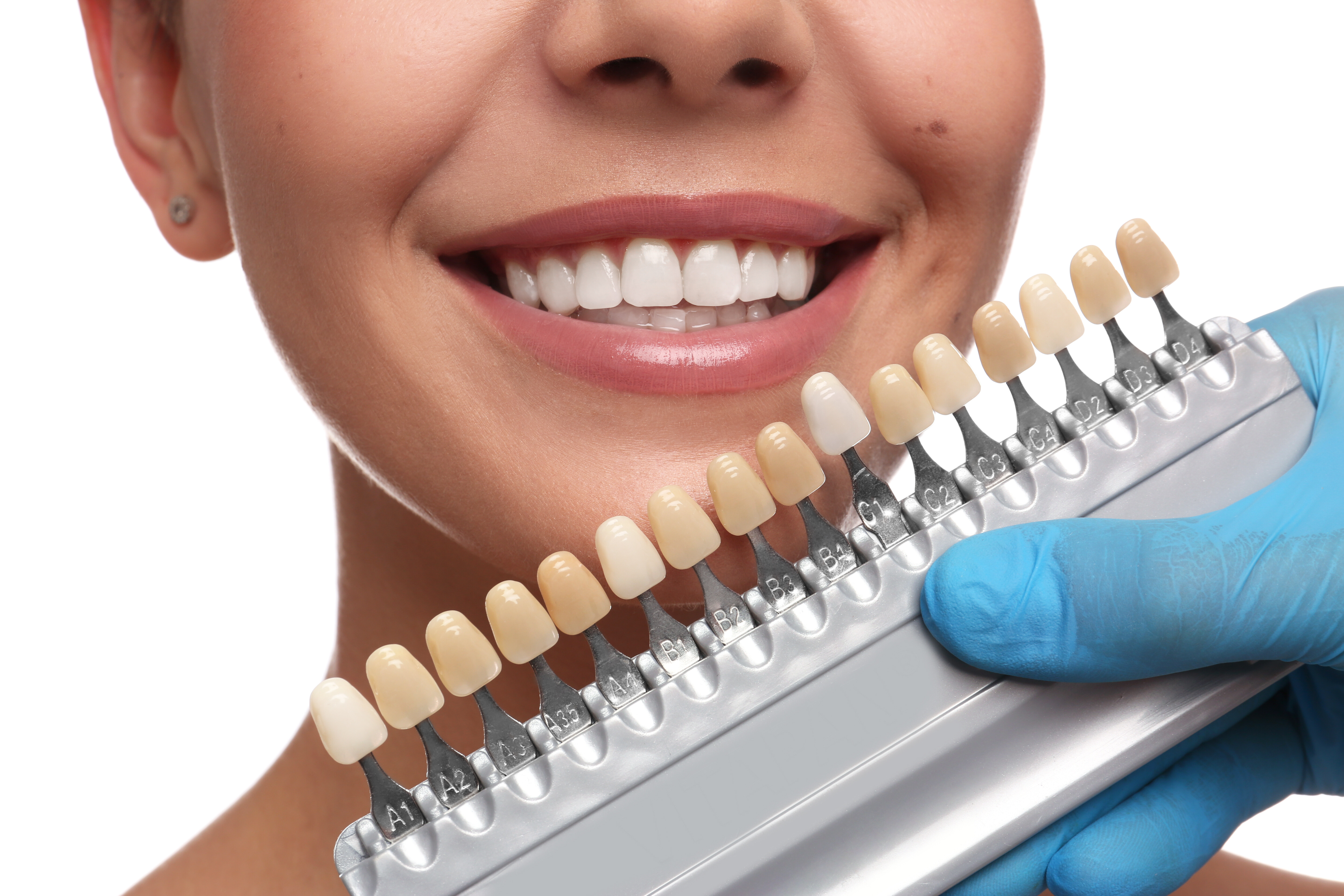

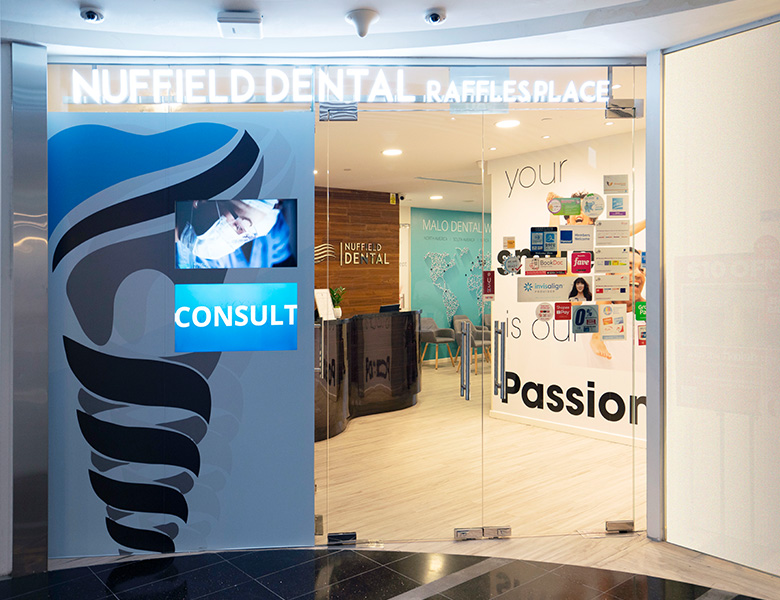
.jpeg)





